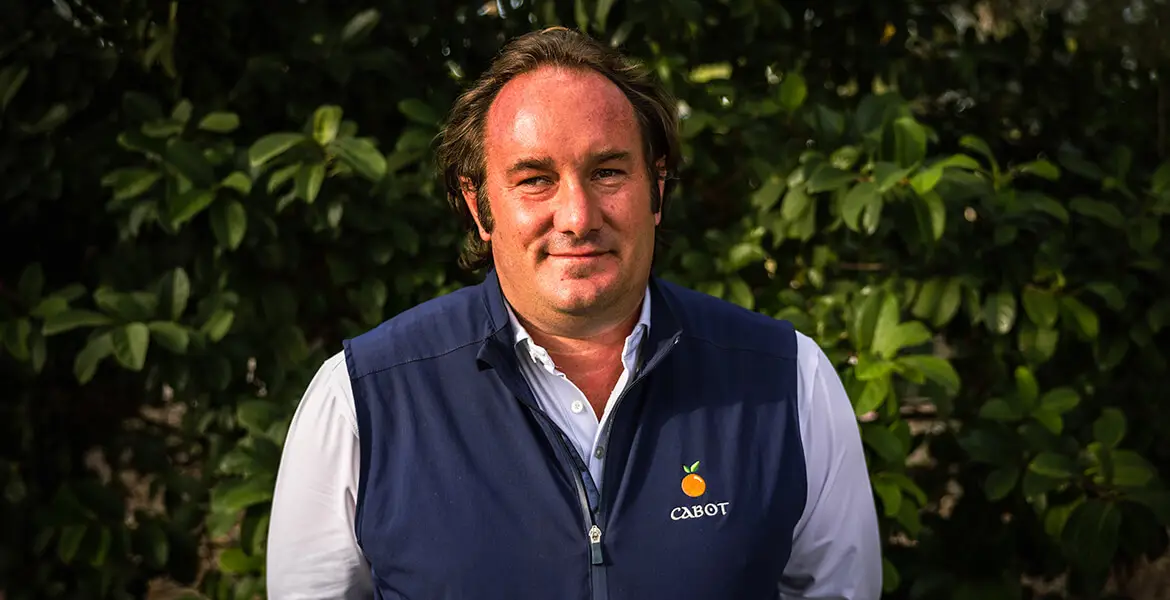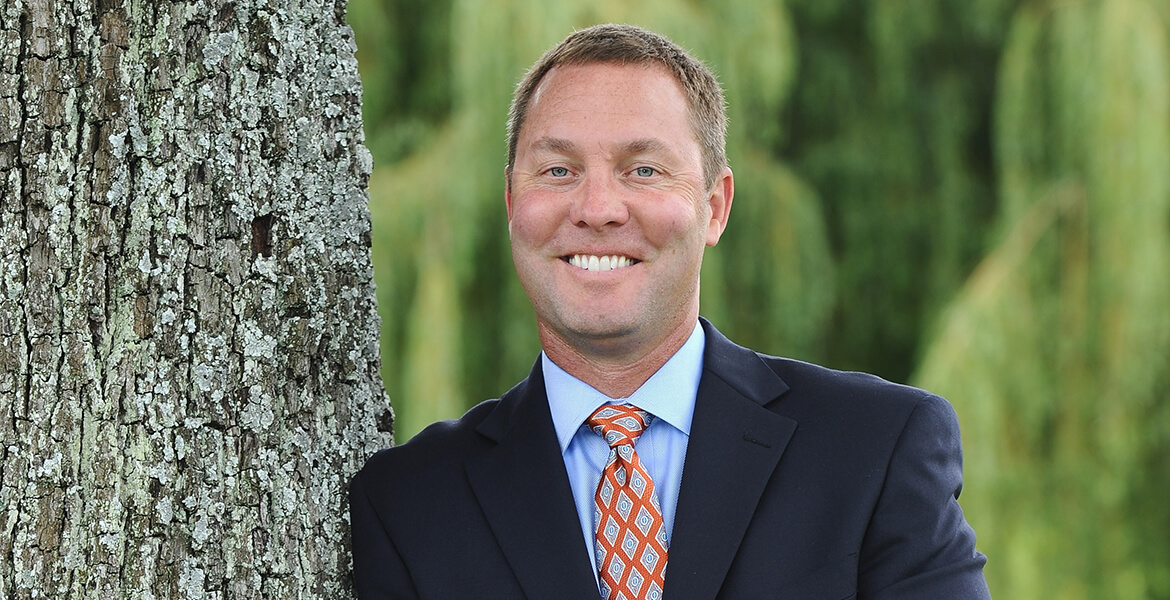After the troubled three-and-a-half-year tenure of previous Ladies Professional Golf Association commissioner Mollie Marcoux Samaan ended last December, a period when gaffes countered gains in equal measure, the organization hired Craig Kessler to plot a new path. True to his promise, he burst from the starting blocks.
Ten days into his new job in late July, Kessler noted that former amateur sensation Lottie Woad had seized the lead at the ISPS Handa Women’s Scottish Open in her professional debut. The only option to watch the final round was via streaming on NBC Sports’s digital platforms, until Kessler nimbly pivoted. He pitched NBC/Golf Channel on the historic prospects and ultimately gained live Sunday linear TV coverage on CNBC. Woad triumphed, becoming just the third golfer to win her professional debut in 72 years. The LPGA triumphed as well, with extra viewers and media attention.
While the CNBC hit was widely lauded, the LPGA Tour is unquestionably at a crossroads. Prize money has more than doubled since 2021, yet many point to the recent success of the WNBA and NWSL and opine that the LPGA should be faring much better. Kessler, 40, brings CEO experience and a lifelong passion for golf that his predecessor lacked. Most recently, he served as COO of the PGA of America. Prior to that he presided over explosive growth as COO and Head of Emerging Concepts at Topgolf from 2016–21 and then helmed Buff City Soap as CEO when the Dallas, Texas-based concern went from 100 to 260 locations in two years.
To discuss his plans for growing the LPGA, we recently sat down with Kessler for a dozen quick questions.
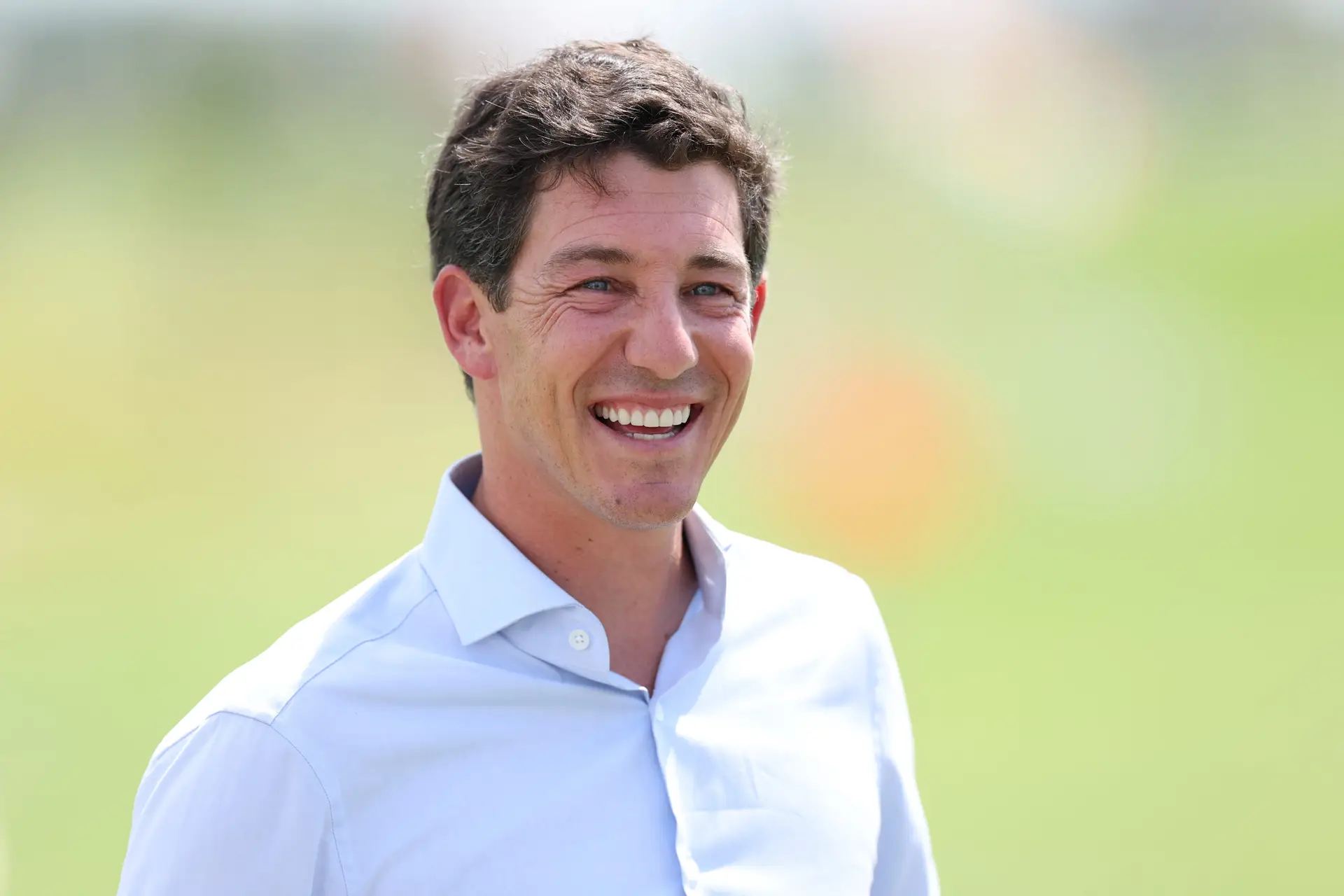
In late August, Fortinet, a Silicon Valley-based, global cybersecurity firm, signed a multi-year contract to be the title partner of the Founders Cup, one of the most prestigious tournaments on the LPGA Tour. The event had been without a sponsor in 2025. For 2026, it will move to Sharon Heights Golf & Country Club in Menlo Park, Calif. How did that come about and what does it mean for the LPGA Tour?
CRAIG KESSLER: I’ve known Aaron Grant, who’s the general manager of Sharon Heights, for several years. When I became commissioner, Aaron reached out, offered to help, and I suggested to him that Sharon Heights would be the perfect place for one of our most iconic tournaments. He brought Fortinet into the fold, and in a matter of six weeks we were able to sign a multi-year deal that we are just thrilled about, particularly given the importance of the Founders Cup to the heritage of the LPGA.
Investment partners are obviously critical to Tour growth. Would you entertain the idea of Saudi Arabia’s Public Investment Fund, the entity that backs LIV Golf, coming to the table as a partner?
KESSLER: Yes. We’ve said publicly that any organization that’s willing to elevate our athletes and our game, we can’t wait to have a conversation with those organizations or individuals.
What made you take the job of LPGA Commissioner?
KESSLER: There are a couple of reasons I took the job. First, any time someone gets a chance to lead at a scale like this in a sport that they love, this is in many ways a dream opportunity. I’ve been a golf nut since I was a child and the chance to make a difference in a sport I love—opportunities like this don’t come around very often. The second reason for taking the job is I’ve always been motivated by the ability to make a difference and to solve really interesting challenges, ideally while having a pretty interesting life adventure along the way, and I can’t think of an opportunity in sports more interesting than this one right now.
Golf participation among women and girls is up substantially—41 percent—over the past five years according to the National Golf Foundation, and women’s sports in general are experiencing a rise in TV ratings and fan interest. How can you take advantage of that momentum to boost the fortunes of the LPGA?
KESSLER: I’ve been on the board of the National Golf Foundation for the past couple of years and it’s amazing to see that women and girls are the primary growth engine in our sport at the amateur level today. One of the most important things we can do is take our amazing athletes and make sure they continue to become stars. They’re relatable. The world hears their story and is inspired by those stories and as not just girls, but young boys also continue to see the Nellys [Nelly Korda], the Charleys [Charley Hull], the Lydias [Lydia Ko] of the world shine, our hope is that these athletes will continue to inspire the next generation of potential golfers.
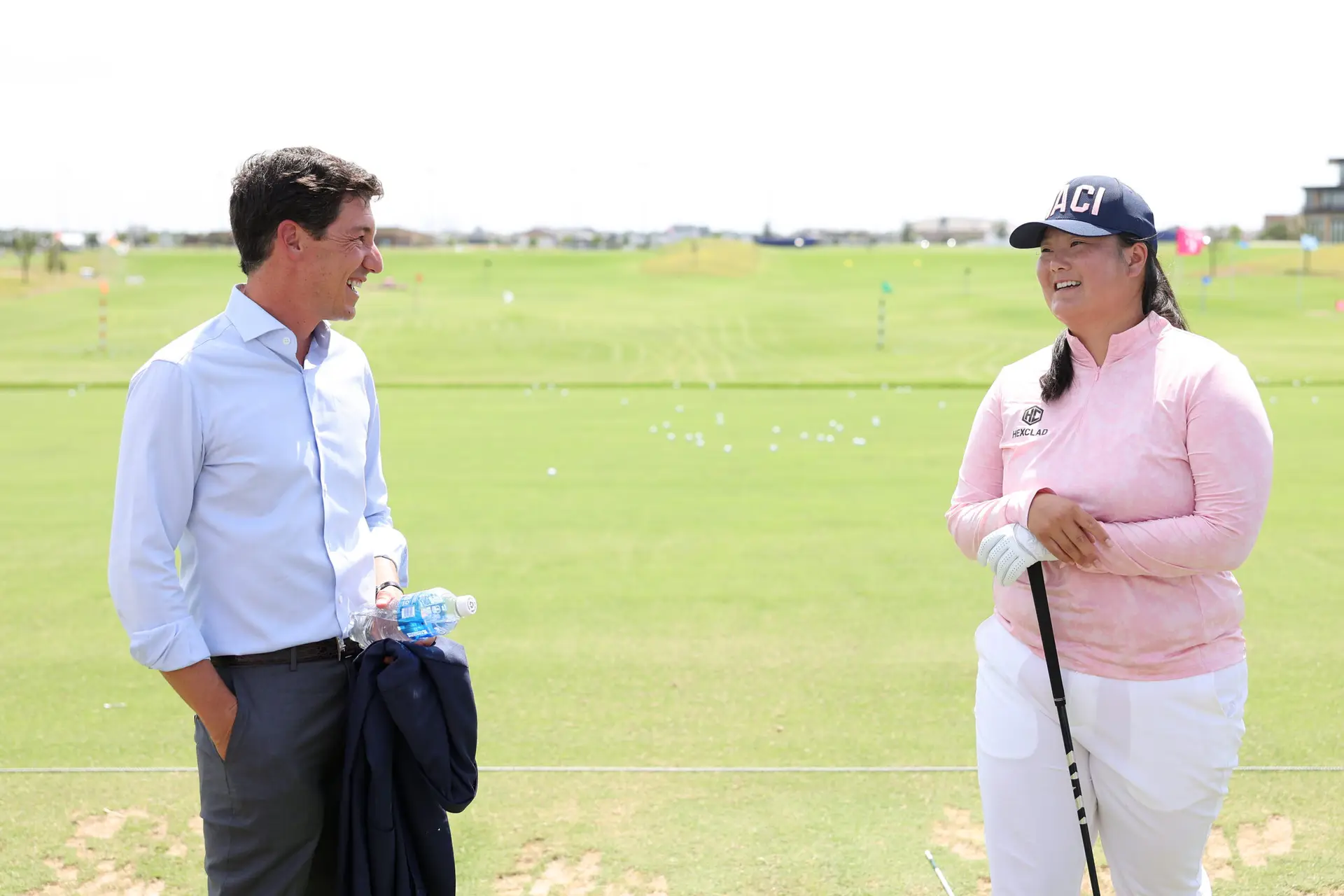
The LPGA Tour’s operating budget showed a loss of approximately $2 million in 2024. Have things improved in 2025—and what gives you the confidence that the Tour will make money in 2026?
KESSLER: There are quite a few ways to measure the success of a tour. Financial performance is certainly one of them, but there are lots of others. Let me give you a few examples. The health and strength of the schedule is one example. Viewership and fan engagement would be two other things to look at. I’ve talked publicly about our four pillars: building trust, building fans, improving visibility, and strengthening our financial foundation. While financials are a very, very important part of what we’re doing, there’s so much more to the story than just our financial performance.
Stars—and rivalries—get fans to become more invested in the product. What do you and the Tour need to do in order to better promote those aspects?
KESSLER: Think about a Venn diagram, where in one circle you have the best players based purely on performance. The other circle, you’ve got the most marketable players based on their personalities—how much fans tend to engage with them, and they engage with fans. It’s that overlap in the middle where we plan to spend a lot of our time and energy. It’s finding five to 10 players who are high performers, that are super marketable where we can continue to improve their stardom and get fans to fall in love. We think that’s the secret sauce.
What is your vision for growing the LPGA?
KESSLER: Going back to the four pillars we talked about, if we deliver on all four of those dimensions, we like our chances of having a breakout moment like some of the other women’s sports leagues have had. I don’t think there’s a silver bullet, that if we do this one thing, we’ll reach a Nirvana-type solution. This is going to be a brick by brick, one foot in front of the other type of effort. If we are successful in building trust, creating more fans, improving our visibility, and obviously improving our financials so we can reinvest back in the Tour every year going forward, the next 75 years will be even better than the first.
What are the best attributes of the LPGA Tour, those that lead you to believe growth is not only possible, but inevitable?
KESSLER: Our players, our players, our players. Spend 10 minutes at an LPGA event on the first tee, on the 18th green, in the autograph chute. These are women who are remarkable athletes. They’re engaging human beings. They in many ways are so grateful to be here, with all that infectious energy. Once folks get to experience it in person themselves, they will be hooked.
I have three boys. They’re 6, 8, and 10 years old. They stood in the autograph chute at the KPMG Women’s PGA Championship in Dallas this year. They came back four hours later with 75 autographs, a handful of golf balls, and signed golf clubs, and the interaction they had with players left them smiling ear to ear. Guess what they want to do on weekends now? They want to turn on the TV and watch LPGA golf. It just took that one spark. We need to create that spark for millions of potential fans all across the world.
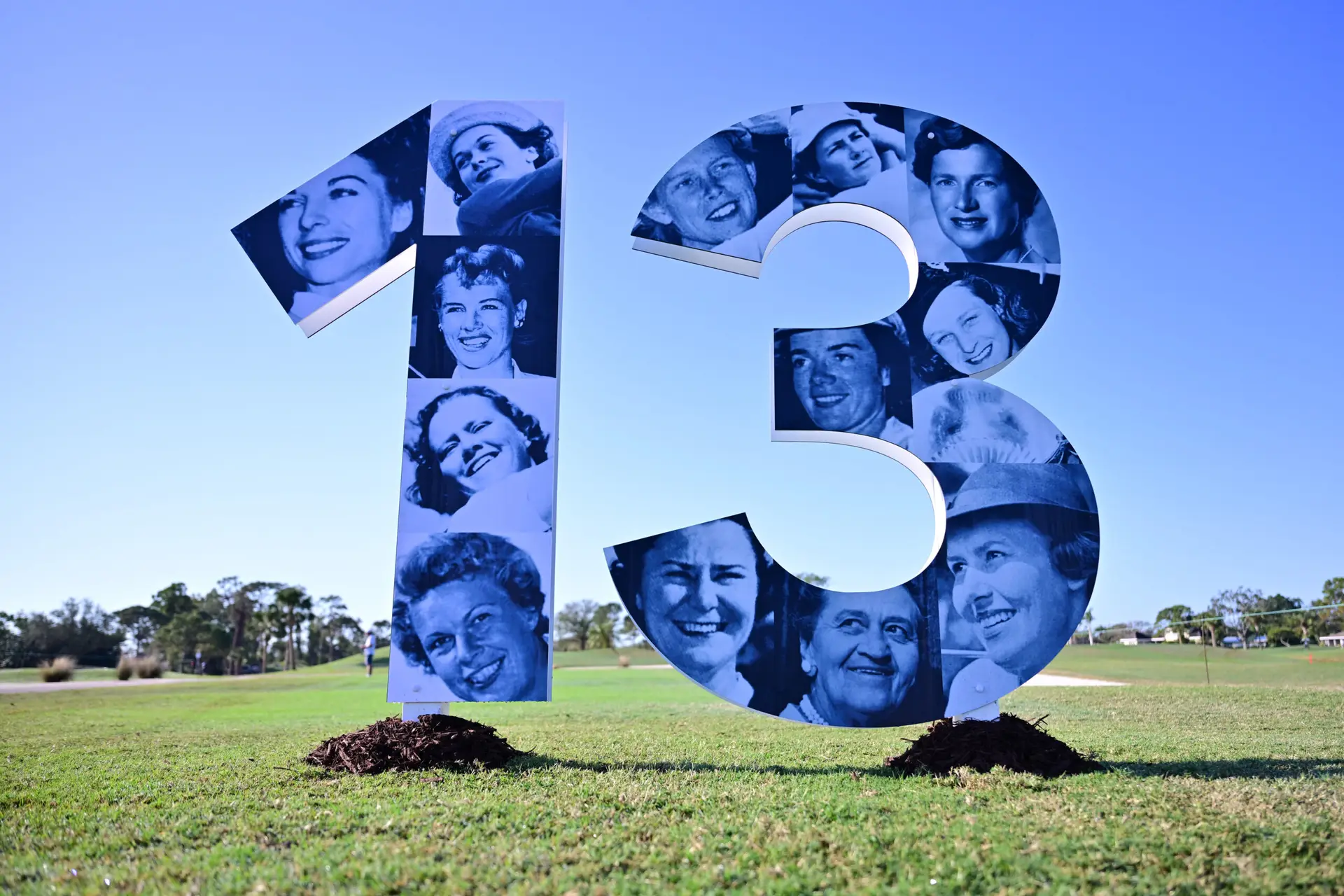
What are the most pressing challenges the LPGA faces, and what steps are you taking to address those challenges?
KESSLER: You call them challenges. We look at them as opportunities, where there’s enormous upside if we get these opportunities right. First is around TV coverage. It’s making sure that the product we put on TV continues to improve week after week and where it’s offered to our fans in a predictable way, so they know where to find the LPGA. The second opportunity is around storytelling and creating even more connectivity between our athletes and our fans so that these women eventually become household names. Three is leveraging the incredible ecosystem that golf presents and taking advantage of all the partners—our capabilities and friends of the LPGA—have to offer. This opportunity is way too big for the LPGA to tackle by itself, but if our sponsors, if our partners all lean in and do their part to help, again, we like our chances of having our breakout moments.
What did you learn from your prior experience as a CEO that you’ve applied so far in this position?
KESSLER: Above all else, relationships matter—particularly relationships rooted in trust. When a CEO has the ability to pick up the phone or to pay a visit to anyone, whether it’s a team member, whether it’s a player, whether it’s a commercial partner, and the person on the other end of that interaction knows the CEO cares deeply and is a good human being, anything is possible.
The second thing I learned is that there’s a very delicate balance between patience and action and different situations call for CEOs to sometimes lean into one over the other. We’re trying to strike that balance here. As you noted, I’m not going on a hundred-day listening tour. We have come out of the gates in what hopefully seems like an explosive way, but at the same time, leaving plenty of time to listen every step of the way and to get smarter, and to listen to those who are closest to the action and to their ideas. Finding that balance between patience and action is absolutely critical.
How would you describe your leadership style?
KESSLER: Wildly collaborative, deeply empathetic, and hopefully very inspirational.
Finally, during this 75th anniversary year of the LPGA, what gives the Tour cause for celebration and optimism for the future?
KESSLER: The first 75 years began with 13 founders who in many ways risked it all and swam against the tide. To me, that set the LPGA up as a challenger brand. That’s what makes people’s hearts race, and it gets their emotions going and it’s very cool to be part of something like that.
The second thing I’d say is the LPGA is the oldest women’s sports organization in the world, and that kind of heritage and history is certainly worth celebrating. What I appreciate so much is that as I meet many of the legends who were there near the beginning in the early days—the Pat Bradleys, the Juli Inksters, the Judy Rankins—these women care deeply about the past but are focused even more on the future and are dying to see this Tour go to the next level. That excites me.



